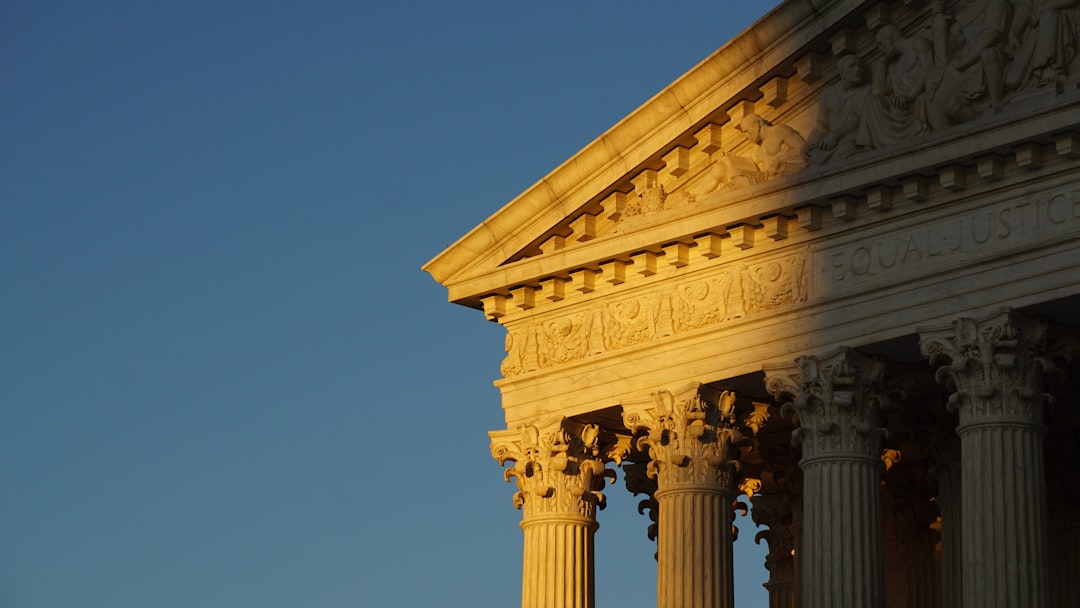Employers can deny religious accommodations too easily.
The Supreme Court needs to jettison the 45-year-old precedent that provides a weak definition of "undue burden" as grounds for employers to deny religious accommodation requests.

The Supreme Court on Tuesday heard oral arguments in Groff v. DeJoy that has major implications for how employers handle religious accommodations in the workplace.
The case involves Gerald Groff, a former United States Postal Service employee, who as an evangelical Christian declined to work on Sundays. The U.S. Postal Service doesn't carry mail on Sundays, but has contracted with Amazon and UPS to deliver parcels on Sundays. Groff offered to work extra shifts, but continued to be scheduled on Sundays while his postmaster sought volunteers to take his Sunday shifts.
Groff, who eventually resigned after being disciplined for not showing up for his Sunday shifts, argues that USPS failed to reasonably accommodate his religion vioiating Title VII of the federal Civil Rights Act, which bars discrimination against employees based on their religion.
The problem lies with a 1977 Supreme Court decision in Trans World Airlines v. Hardison that intrepreted "undue burden" that gave employers cause to deny a religious accomodation as an employer bearing "more than a de minimis cost" which is next to nothing. So, essentially, employers had an out and Title VII does not provide religious employees much protection.
Ian Millhiser at Vox agreed that Hardison is a bad precedent but was worried that religous conservatives could then be allowed to discriminate against LGBTQ workers, evangelize, etc.
I'm interested in this case for a couple of reasons. First, as an evangelical Christian this ruling has major implications for me and my brothers and sisters in Christ in the workplace. Second, I worked for the United States Postal Service as a part-time Rural Carrier Associate for a year and was in the exact same boat as Groff.



